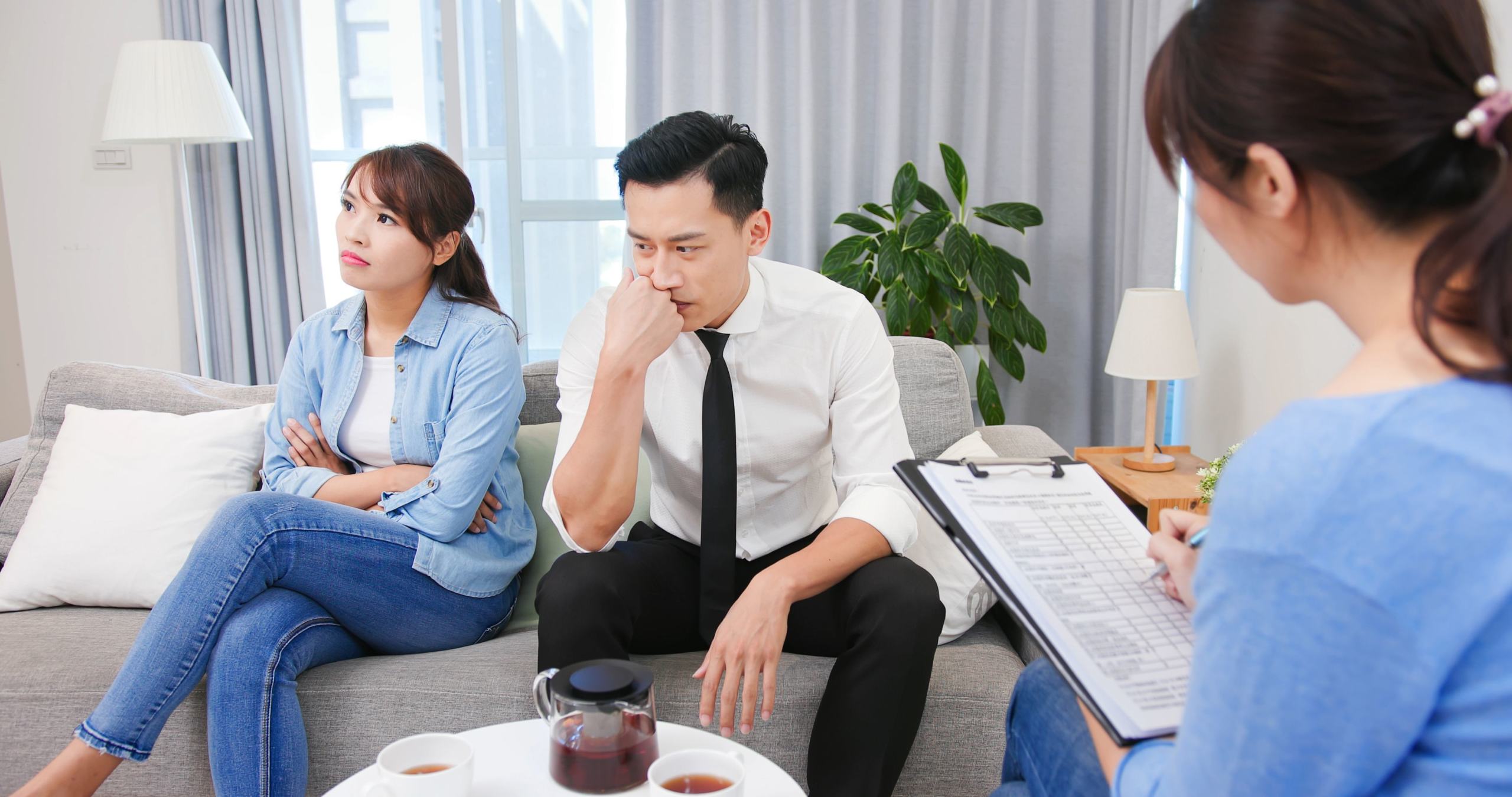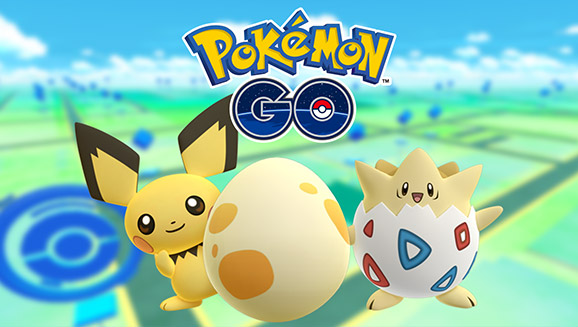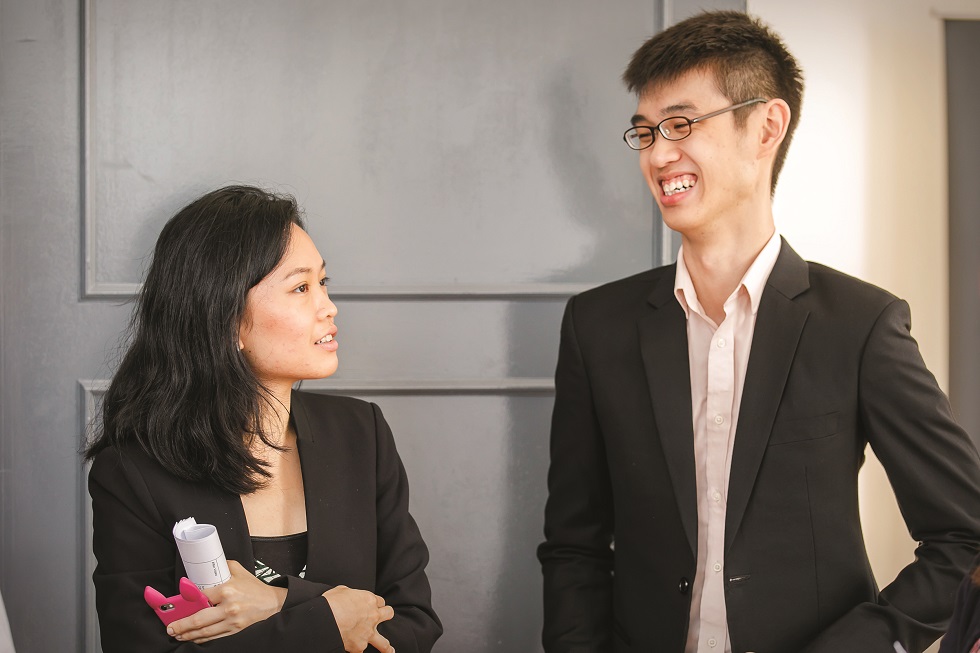SINGAPORE—During the COVID-19 pandemic, most of us have been staying at home more often than before with nationwide restrictions and quarantine measures.
With the increased time spent together, this can help a household develop closer bonds or, conversely, lead to more conflicts.
According to a Facebook post from Social and Family Development Minister Desmond Lee, there has been “a 30 per cent increase in the post-Circuit Breaker average number of monthly enquiries to MSF’s Adult and Child Protective Services”.
Moreover, since circuit breaker measures started in April 2020, there have been 476 police reports filed for family violence-associated offences, a 22 per cent increase from the month before.
To investigate stay-at-home woes, we sat down with Mr Willy Ho, the founder and clinic director of The Counselling Paradigm, a marriage and family counselling centre in Singapore. Mr Ho has been in the counselling sector for more than 15 years and his area of expertise is on relationship difficulties.
Mr Ho has seen around a 30 per cent spike in counselling cases since the pandemic occurred. Most of these cases can be broken down into four categories: relationship, career, finances and health.
More Contact Time, More Conflict
When whole families are forced to stay at home together all the time, it’s inevitable that people would have more contact time with their spouses, children, or even in-laws if they are living together. As a result, poor communication can spiral into something negative. “People want to feel good. But if they do not have the opportunity to feel good in communicating, I would say that communication will automatically stir down into the negative,” said Mr Ho.
The increase in contact time also forces spouses to confront problems that they might not have an opportunity to talk about or have avoided in the past. “More contact time means eventually everything is going to be spread out on the table,” said Mr Ho.
Also, one of the big issues plaguing parents is potential differences in parenting styles.
“The husband may feel that he has a certain parenting style and feels that it’s good and he wants to just pass it down the generation line whereas the wife might feel — this is not what I was taught in my own family — and she also has a different set of parenting skills. I think it could spark a lot of disagreement in the family,” he added.
Dig Deep Into The Emotions
So how does Mr Ho counsel such couples? At the back of each thought, there’s an emotion attached, advised Mr Ho. “I would want to understand how they feel, if there’s any thought process,” he said. “ ‘I don’t agree with what you said’ — at the back of this thought, there must be some emotions. Maybe it’s anger, frustration, or some sadness. To change those kinds of thoughts, you must understand how a person is feeling.”
“Basically, if a person doesn’t feel good, he would not be able to bring out compassion and love. So how do you restore love? I would say look into all these nitty gritty emotions. It could be anger, anxiety, maybe it’s a fear that has existed for a long time. I think that love can open up only if anger is resolved first.”
And what happens if both parties are very stubborn? Mr Ho has his ways of mediation.
“I would say bring out the reasons — why did they first get into this relationship, this marriage? Sometimes when a person is emotionally charged, they forget about these reasons. Another point I’d like to highlight is that married couples should look at each other like team players, like [partners]. You can’t just look at each other like enemies.”
When feelings such as anger are internalised and not addressed for a long period of time, it is not going to just go away. “It will expand over time and slowly consume your normal self. Your normal self is supposed to be peaceful, but once you condition yourself with emotions of anger or frustration, then I would say you need to know of effective ways to release them to let it go,” Mr Ho said.
Many a time, this anger can stem from our past experiences and memories. When people have a habit of ignoring or suppressing memories that cause them anger, it manifests and grows.
“Humans have a lot of memories and if you have an angry memory, if you don’t do anything about the first memory, you will never do anything about the second memory. You’ll ignore the second one, third and fourth one. Our bodies are very smart; it will collect all these memories and it will become your personality and character. So when people say, ‘Don’t talk to this person because he has an issue with anger’, then I would think he has a lot of angry memories that he has not processed properly,” said Mr Ho.
Career & Financial Woes
Two other key problems Mr Ho has seen his clients face are related to career and financial concerns.
Many people view their careers as being tied to one’s personal achievement, as it gives one some form of status or power. But what happens when you get laid off from your job as a result of restructuring measures during the pandemic?
“When you’re a manager, it gives you some status, some authority and power. It gives you personal satisfaction. So when you lose that title, that designation, that career, it could mean you lose that power,” said Mr Ho. And when people lose their jobs, concerns of staying at home and not doing anything may surface, sending the person down a negative spiral into potential depression.
In addition, many people face financial strain due to loss in income, but surprisingly, many people also overspend while at home. “When couples are staying at home, they’re spending more money. If people buy a little bit of this and that, it adds on and altogether, it becomes quite a big thing. If couples are not very mindful of how much they’re spending, that can become a big problem,” Mr Ho quipped.
When all these negative emotions are bottled up, many have let the emotional toll get the better of their physical health. “When you keep a lot of bad emotions within yourself and you don’t know how to resolve them, your body is going to take on a lot of stress. So understanding why you feel that way first (is important). All the emotions you’ve been feeling for a long time are weighing you down and turning into physical pain.”
Raise Your Point, Not Your Voice
For those at home facing these issues, be it career or relationship woes, Mr Ho advised: “We’re in this together. We need to look at each other like partners, team players. It doesn’t mean that you shouldn’t get angry, it’s just a part and parcel of life. But what is wrong is if you continue to hold on to that anger, fear or anxiety for a long time.”
“If a couple gets into a conflict, it’s important to remind them not to raise their voice, but to raise their point,” concluded Mr Ho. “It’s a counsellor’s duty to remind them that they’re in this together, and you should look at it together as partners and team players.”
















